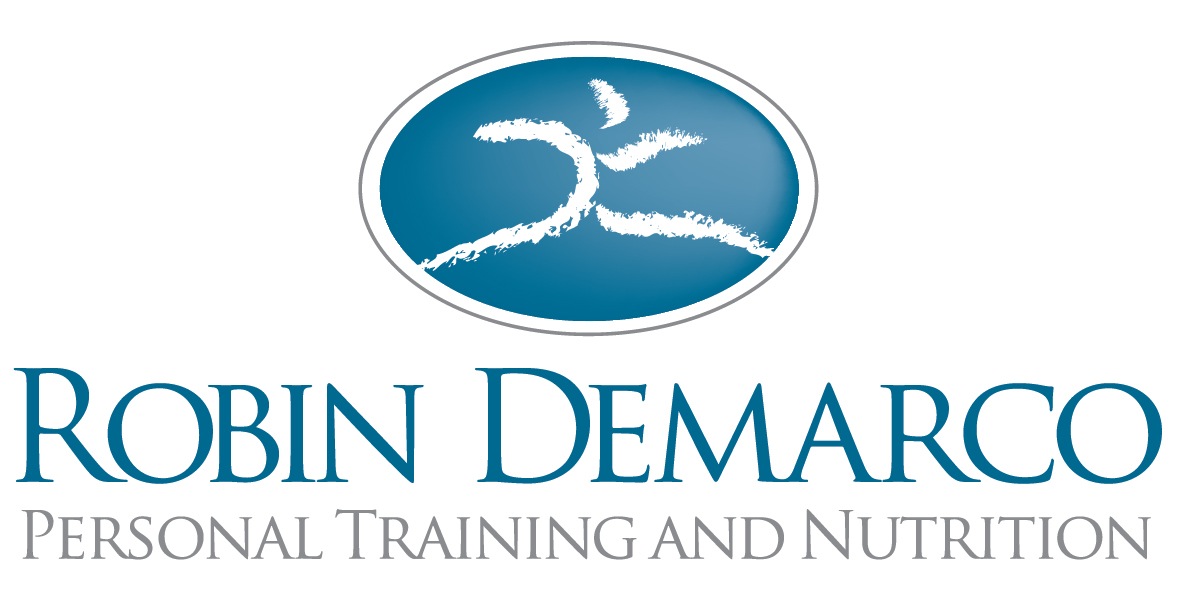Eating disorders are a very serious problem and take a lot of work to overcome. I should know, because I struggled with one for years. I'm happy to report that I no longer have conflict with eating. I have made peace with food and my body. Now, not everybody has an eating disorder, but many of us still have disordered eating. As we strive for that perfect body, we often do a lot of harm to ourselves both mentally and physically by trying crash diets & alternating between starving and bingeing which causes a vicious and unhealthy cycle. We are left hating ourselves and usually no thinner. Here are a few strategies to maintain a healthy relationship with food and our bodies.
- EAT BREAKFAST- As the word breakfast implies, when you eat breakfast you are "breaking the fast." Breakfast not only increases your metabolism for the day but skipping breakfast will set you up for binging later. Most people make the mistake (as I did) of "saving up" calories for later. Not only does this slow your metabolism, but it physically and psychologically sets you up for overeating later
- EAT FREQUENTLY- Don't let yourself get too hungry. Eat (even if it's just a small snack) once you start getting hungry. Once you're at a point of being ravenous, your brain won't register quickly enough when food is consumed. You end up eating too much and that starts the vicious cycle of disordered eating
- PAY ATTENTION TO TRIGGER FOODS- Maybe you really can't eat just one potato chip or a little ice cream. If certain foods set you off in a downward spiral, stay away from them. Or try eating these foods occasionally out of the house. For instance, you might be able to handle having a scoop of ice cream at the shop down the street, but keeping a quart in your freezer might be too much for you to handle
- JOURNAL- Journaling is a good way to notice patterns- like trigger foods, how certain people & events effect you, when you're eating due to emotions and not hunger. Write down what you eat, the time, and how you feel. Keeping a log can help you discover any disordered eating patterns you may have
- FIND DISTRACTIONS- Once you realize you're being set off or tempted, sometimes just distracting yourself for 15 minutes can cause the cravings to lessen. Go for a walk, call a friend, meditate, read a book, or just get out of the house
- CHOOSE THE RIGHT FOODS- Certain foods will help your brain function better and reduce cravings. A high protein and low refined carbohydrate diet will help you immensely. This means staying away from sugar and increasing vegetables, meats and some fruit
- PLAN YOUR MEALS AND SNACKS- Most people fail because they don't have healthy food choices available when they get hungry. Stash snacks in your car like nuts and protein bars. Have veggies already cut up in your refrigerator. Stock the fridge with Greek yogurt and cottage cheese. Cook up a big batch of chicken breasts that can be easily made into chicken salad or tossed into a salad.
